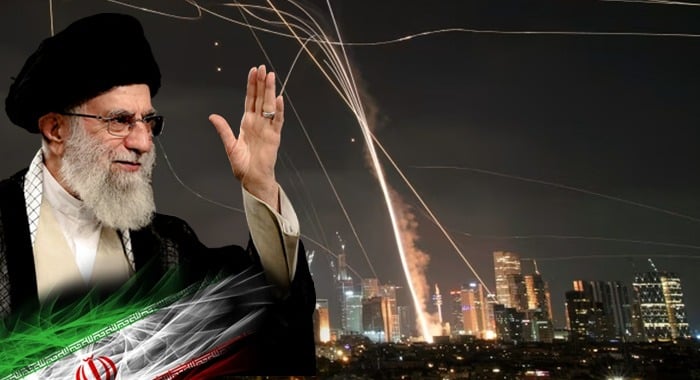A senior Iranian official has issued a stark warning that Tehran will continue its military response against Israel and will expand its retaliatory campaign to include any country that supports or facilitates Israeli aggression. The remarks, delivered during an interview with CNN, signal a dangerous escalation in one of the region’s most volatile confrontations in recent years. The Iranian official said Tehran “reserves the right” to respond to Israeli airstrikes launched in the early hours of Friday, which reportedly struck multiple Iranian military and nuclear facilities. “Our response will not be limited to Israel. Any foreign military base or government that aids Israeli attacks will be considered a legitimate target,” the official stated, indicating a clear intent to broaden the conflict if provoked further.
The statement follows a series of Israeli air assaults targeting sensitive Iranian installations, including sites believed to be linked to the country’s nuclear weapons program. While Israeli officials have not publicly commented, regional sources confirm significant damage to several military complexes in Iran. In retaliation, Iran launched a barrage of long-range ballistic missiles toward Israeli territory, targeting multiple cities and military assets. The strikes mark one of Tehran’s most direct and forceful military responses in recent history, raising fears of a regional conflagration.
“The era of one-sided attacks is over,” the Iranian official said, adding that any repetition of Israeli incursions would be met with “uncompromising and expanded” military retaliation. The warning included potential strikes on U.S.-allied bases in the region if found complicit in supporting Israeli operations.
The latest exchange has set off alarms in diplomatic capitals across the globe. Western officials have expressed deep concern that continued hostilities could ignite a broader regional war, drawing in Gulf states and potentially destabilizing already fragile regional alliances.
Despite mounting calls from the international community for de-escalation, there is little indication that either side is prepared to back down. With diplomatic channels effectively stalled, military calculations appear to be taking precedence.
Regional analysts warn that the introduction of foreign targets into the conflict equation could mark a dangerous turning point. “If Iran follows through on its threats to strike bases in third countries, we could be looking at a multi-front war involving several actors beyond the traditional Iran-Israel axis,” said a senior Middle East security expert.
As the situation teeters on the edge of further escalation, global stakeholders are urging restraint and calling for immediate diplomatic intervention. However, with both sides locked into retaliatory cycles and nationalistic fervor rising, prospects for a negotiated resolution remain bleak.





